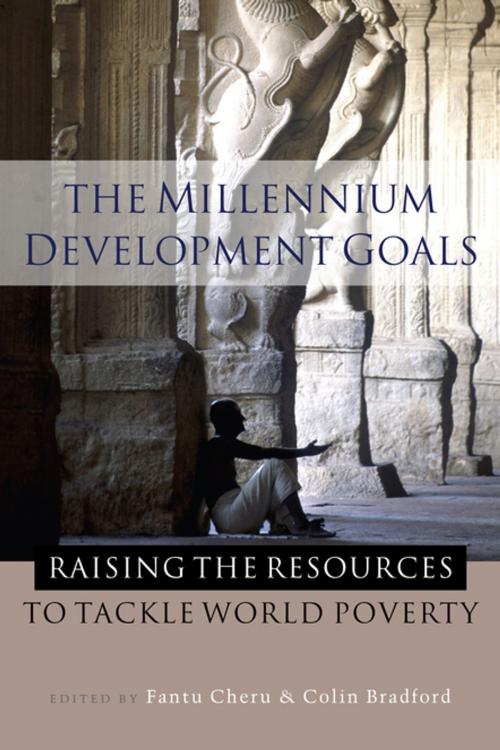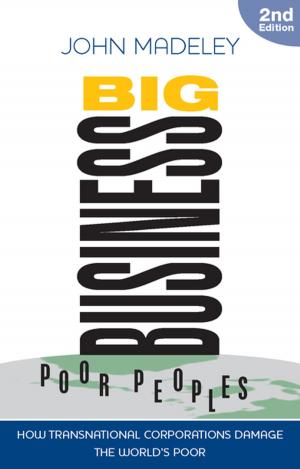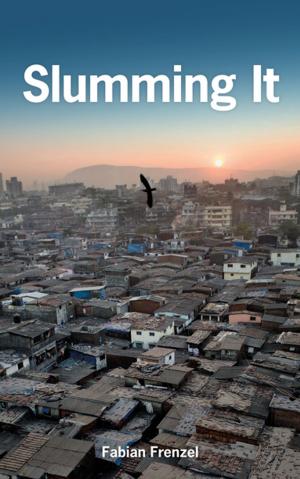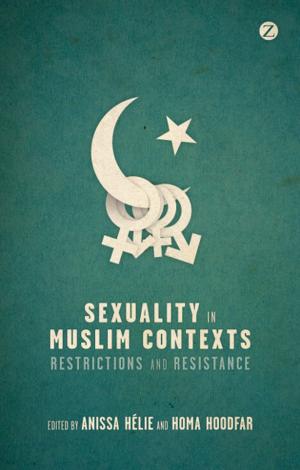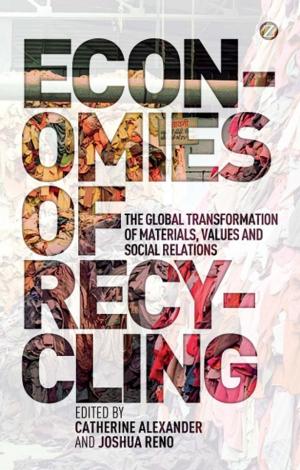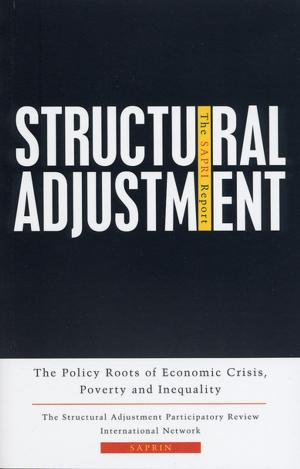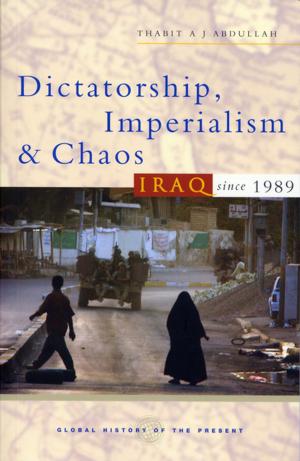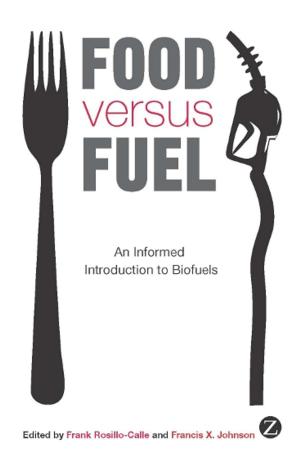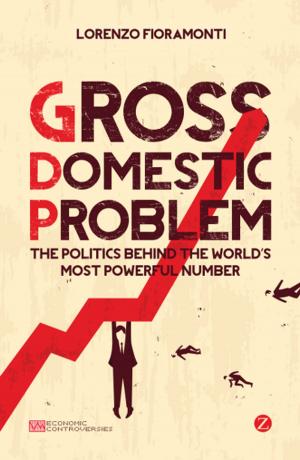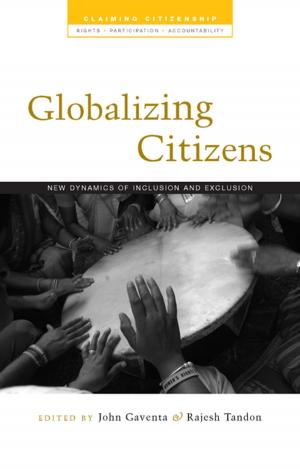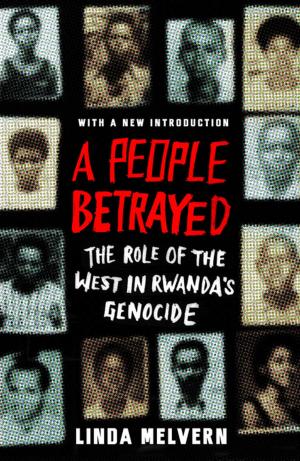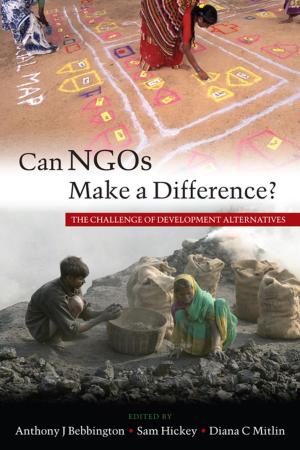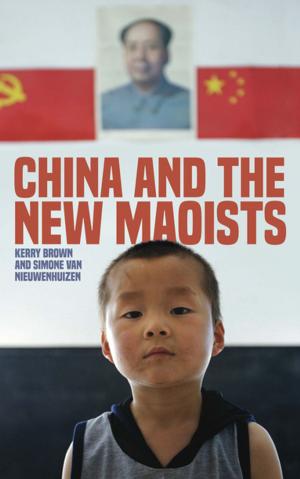The Millennium Development Goals
Raising the Resources to Tackle World Poverty
Business & Finance, Economics, Economic Development, Nonfiction, Reference & Language, Reference| Author: | ISBN: | 9781848137356 | |
| Publisher: | Zed Books | Publication: | July 18, 2013 |
| Imprint: | Zed Books | Language: | English |
| Author: | |
| ISBN: | 9781848137356 |
| Publisher: | Zed Books |
| Publication: | July 18, 2013 |
| Imprint: | Zed Books |
| Language: | English |
This volume provides an up-to-date and detailed tour d'horizon of the exciting diversity of new proposals and mechanisms currently being discussed in order to raise the necessary financial resources to make the achievement of the Millennium Development Goals a reality by 2015. If the MDGs to halve global poverty and significantly improve the conditions of life of the world's poor are to be met on schedule, putting in place the requisite funding is an essential component. The economists in this volume from WIDER, UNDP, and other leading institutions have contributed their analyses as part of the Helsinki Process on Globalisation and Democracy - a high-level multi-stakeholder initiative to develop new approaches to global problem-solving, a global economic agenda and human security. Key resource flows examined include ODA, foreign direct investment, remittances by migrants, commodity export prices, and new ideas to secure sustainable debt relief, including SDRs, debt cancellation, revaluation of IMF gold reserves, debt arbitration, and other proposals. The statistically rich analyses are presented in the context of the complicated trends in global inequality, the incidence of poverty, and the impacts of globalisation. The editors conclude with a thought-provoking set of ideas about the political requirements for effective global economic governance aimed at achieving the MDGs that the world community set itself at the start of the new millennium. The empirical data in this volume and survey of key new ideas for resource mobilisation will be invaluable to all those concerned with global economic governance, including scholars, diplomats, NGO lobbyists, and students studying development economics.
This volume provides an up-to-date and detailed tour d'horizon of the exciting diversity of new proposals and mechanisms currently being discussed in order to raise the necessary financial resources to make the achievement of the Millennium Development Goals a reality by 2015. If the MDGs to halve global poverty and significantly improve the conditions of life of the world's poor are to be met on schedule, putting in place the requisite funding is an essential component. The economists in this volume from WIDER, UNDP, and other leading institutions have contributed their analyses as part of the Helsinki Process on Globalisation and Democracy - a high-level multi-stakeholder initiative to develop new approaches to global problem-solving, a global economic agenda and human security. Key resource flows examined include ODA, foreign direct investment, remittances by migrants, commodity export prices, and new ideas to secure sustainable debt relief, including SDRs, debt cancellation, revaluation of IMF gold reserves, debt arbitration, and other proposals. The statistically rich analyses are presented in the context of the complicated trends in global inequality, the incidence of poverty, and the impacts of globalisation. The editors conclude with a thought-provoking set of ideas about the political requirements for effective global economic governance aimed at achieving the MDGs that the world community set itself at the start of the new millennium. The empirical data in this volume and survey of key new ideas for resource mobilisation will be invaluable to all those concerned with global economic governance, including scholars, diplomats, NGO lobbyists, and students studying development economics.
